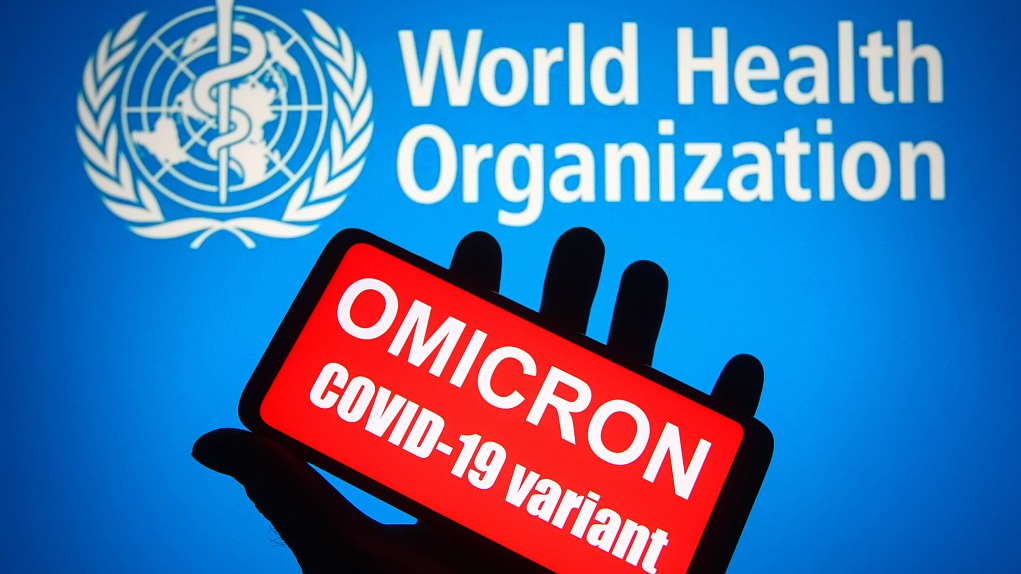
To prevent the spread of the Omicron variant of the coronavirus, many countries have imposed entry restrictions on flights and passengers from South Africa and other African countries, and upgraded containment measures. /CFP
To prevent the spread of the Omicron variant of the coronavirus, many countries have imposed entry restrictions on flights and passengers from South Africa and other African countries, and upgraded containment measures. /CFP
The World Health Organization (WHO) Regional Office for Africa said on Sunday that countries should implement travel restrictions and other COVID-19 prevention and control measures based on science and the International Health Regulations (2005).
To prevent the spread of the Omicron variant of the coronavirus, many countries have imposed entry restrictions on flights and passengers from South Africa and other African countries, and upgraded prevention and control measures.
"Travel restrictions may play a role in slightly reducing the spread of COVID-19 but place a heavy burden on lives and livelihoods," WHO's Regional Director for Africa Matshidiso Moeti said in a statement.
"If restrictions are implemented, they should not be unnecessarily invasive or intrusive, and should be scientifically based, according to the International Health Regulations, which is a legally binding instrument of international law recognized by over 190 nations."
The coronavirus can only be defeated by countries working together to find solutions, she indicated.
The WHO on November 26 called a special assessment meeting for the Omicron strain of the novel coronavirus, which has recently emerged in some countries, and classified it as a "mutant strain of concern," urging countries to strengthen surveillance and sequencing.

